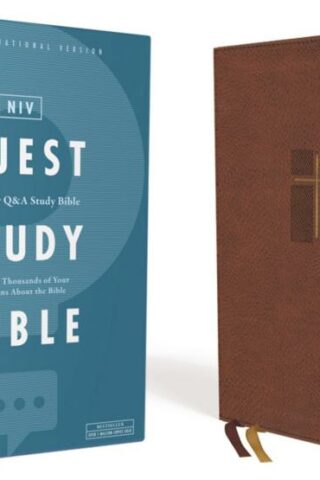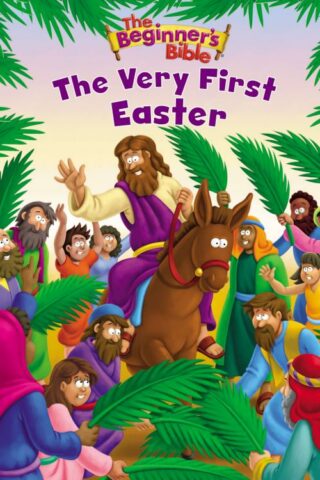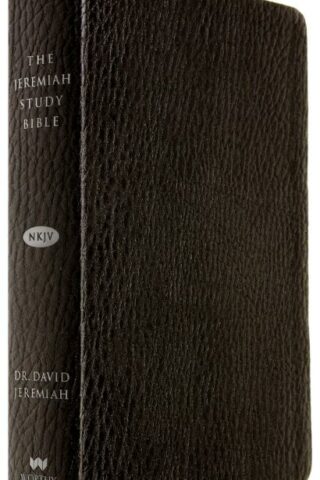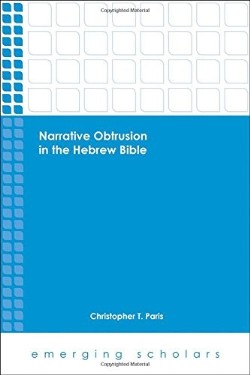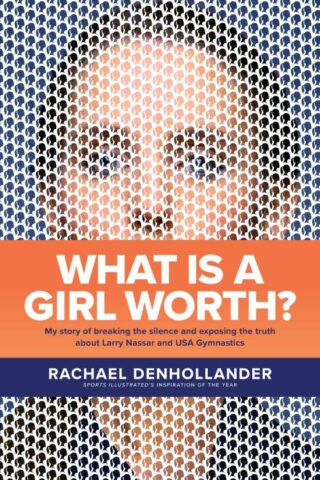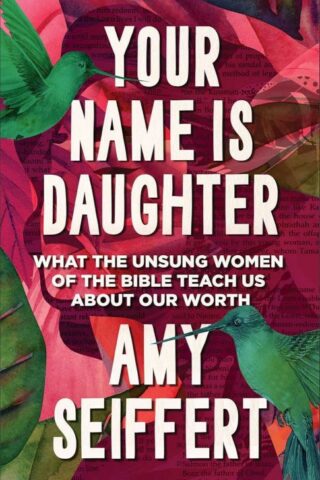Christopher Paris
Showing the single result
-
Narrative Obtrusion In The Hebrew Bible
$81.66Narrative critics of the Hebrew Bible often describe the biblical narrators as “laconic,” “terse,” or “economical.” The narrators generally remain in the background, allowing the story to proceed while relying on characters and dialogue to provide necessary information to readers. On those occasions when these narrators add notes to their stories, scholars may characterize such interruptions as “asides” or redactions.
Christopher T. Paris calls attention to just these narrative interruptions, in which the storyteller “breaks frame” to provide information about a character or even in order to direct reader understanding and, Paris argues, to prevent undesirable construals or interpretations of the story.
After surveying the phenomenon of omniscient narration and narrative obtrusiveness in the Hebrew Bible and other ancient Near Eastern literature, Paris focuses on the Deuteronomistic History. Here the narrator occasionally obtrudes into the narrative to manage or deflect anticipated reader questions and assumptions, sometimes invoking the divine, sometimes protecting a favored character, in an interpretive stance that Paris compares with the commentary provided by later rabbis and in the Targums. Attention to narrative obtrusion offers an entry point into the world of the narrator, Paris argues, and thus promises to redefine aspects of narrative criticism.
Add to cartin stock within 3-5 days of online purchase

